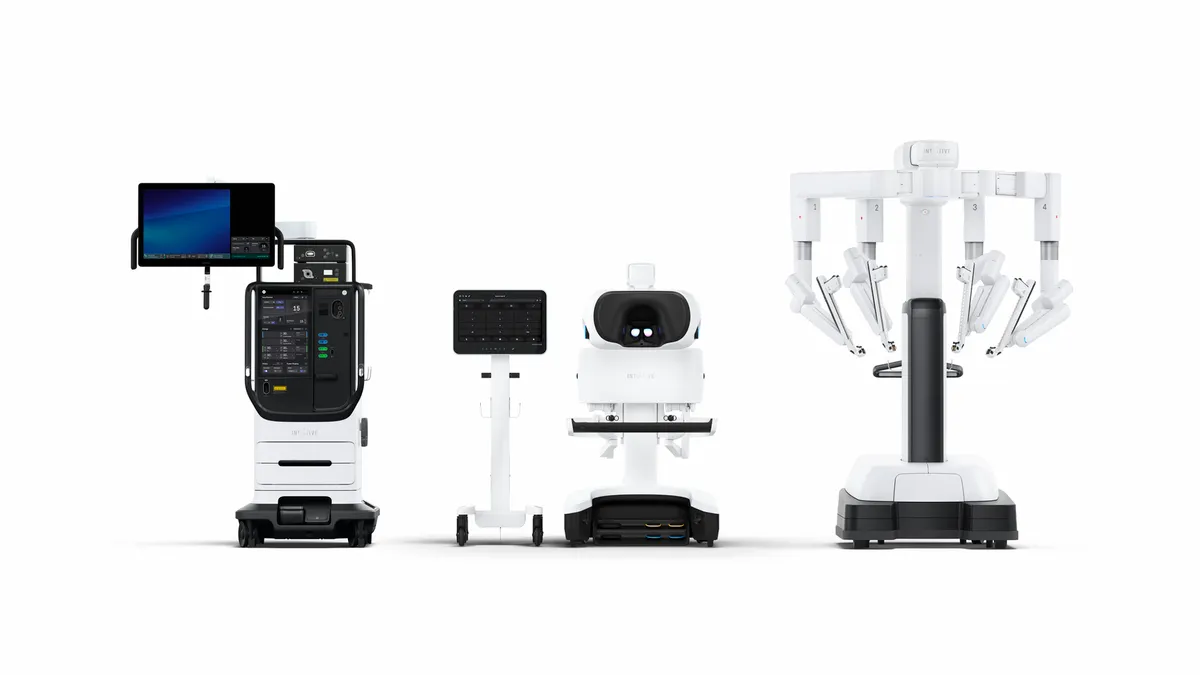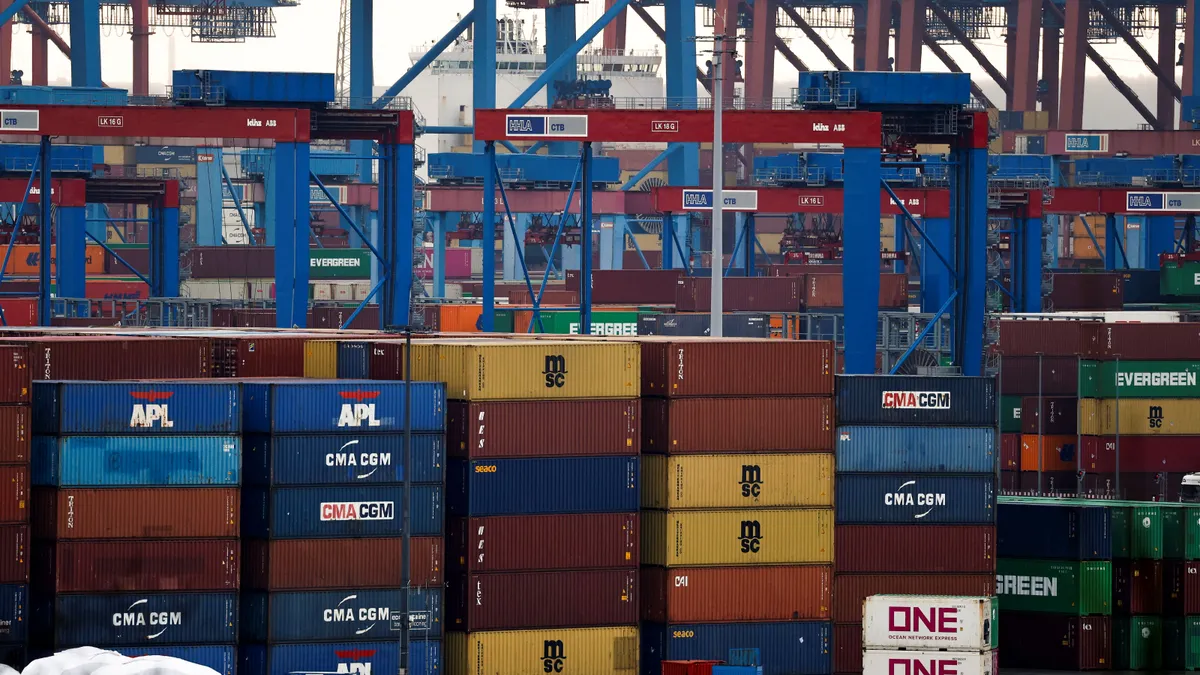GE Healthcare cut its 2025 adjusted earnings outlook to reflect an estimated 85-cent-per-share impact from tariffs, especially duties affecting trade with China, executives said on an earnings call Wednesday.
CEO Peter Arduini said bilateral U.S. and China tariffs account for 75% of the total net impact.
For the full year, GE Healthcare now expects adjusted earnings in a range of $3.90 to $4.10 per share, down from the prior estimate of $4.61 to $4.75.
The revised outlook assumes that tariffs remain at the current elevated levels and that U.S. reciprocal tariffs on the rest of the world — announced April 2 — return to pre-pause rates on July 9. The forecast also assumes Mexico and Canada tariffs remain in place, with exemptions under the U.S.-Mexico-Canada Agreement continuing for all eligible imports.
Executives detailed efforts that GE Healthcare is taking to mitigate its tariff exposure, including work on USMCA compliance and logistics routes. Without those actions, the gross impact of tariffs would be about $1.75 per share, Arduini said.
CFO Jay Saccaro said the company is looking at tactics for further mitigating tariff impact, including more dual sourcing and making products where they are consumed.
Tariffs aside, first-quarter revenue and profit growth exceeded GE Healthcare’s expectations, according to Arduini, as strength in the U.S. market drove double-digit growth in orders. Customers are prioritizing investments in imaging products with a particular focus on cardiology and oncology, and the company gained share in multiple markets, the CEO added.
Despite the tariff impact weighing on GE Healthcare’s outlook, “the company turned in a truly positive 1Q25 performance on multiple fronts,” including better-than-expected results in its China business, Stifel analyst Rick Wise wrote in a note to clients Wednesday.
Saccaro characterized overall hospital capital demand as constructive, noting GE Healthcare has a record backlog that increased substantially year over year.
“A lot of [customer budgets] were set earlier in the year,” he said, “and we haven't observed any significant cancellations or deferrals in response to the global trade environment.”






























